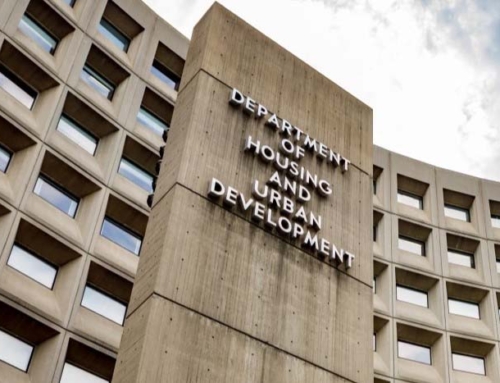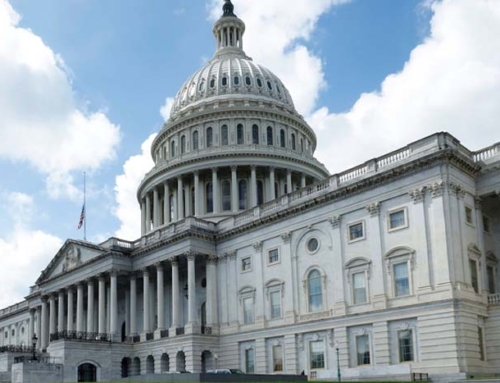The House Committee on Appropriations budget subcommittee released its FY 2024 draft spending bill for Transportation, Housing, and Urban Development (THUD) in early July, proposing a budget for HUD of $68.2 billion, an increase of roughly 10% over current levels. The Senate Committee on Appropriations THUD subcommittee followed later in the month with its spending bill, providing $70.6 billion for HUD’s affordable housing, homelessness, and community development programs– an increase of 13% (or $8.26 billion) over current levels. The National Low Income Housing Coalition (NLIHC) estimates that HUD needs about $13 billion in additional funding to account for inflation and ensure continuation of existing programs.
The House and Senate spending bills differ in what programs receive funding, but both adequately fund most rental assistance programs, allowing for the renewal of existing tenant-based rental assistance and project-based rental assistance contracts. The Senate proposal would provide funding for an additional 4,000 vouchers for veterans and youth aging out of foster care.
Both proposals would cut some HUD programs, including Public Housing Capital Funds and the Choice Neighborhoods Initiative. And while the Senate keeps the Section 811 Program (Housing for Persons with Disabilities), the Section 202 Program (Housing for the Elderly), and the HOME Investments Partnership Program at current levels, the House proposes funding cuts. In addition to funding reductions, the House spending bill would prohibit HUD from allocating funding for the implementation, administration, or enforcement of the Affirmatively Furthering Fair Housing Rule. NHLIC has prepared a detailed analysis of both bills: check out the House analysis here and the Senate analysis here. Also, NHLIC has created a helpful budget chart that compares current appropriations, the President’s 2024 proposed budget, and the proposals released by the House and Senate.
The bills will now work their way through the committee process and be considered by the full House of Representatives and the full Senate. Both bills will need to be negotiated and merged, with each house passing a final version. Assuming agreement can be reached, Congress will then send the approved funding bill to the President to sign or veto. While the budget year begins October 1, 2023, in recent years agreement has not been reached in time necessitating continuing resolutions to keep the government running. Most experts believe that it is likely that this will be the case this year.
© LeSar Holdings/LeSar Development Consultants. All Rights Reserved. Please be advised that any republishing of copyrighted material provided by our organization, in whole or in part, requires prior written authorization. For permission, please reach out to [email protected]. We appreciate your understanding and compliance in upholding copyright laws.





















